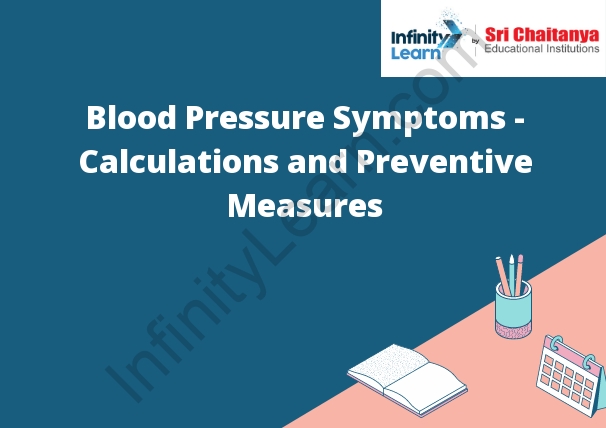Table of Contents
Blood Pressure Calculation
Blood pressure is the pressure exerted by blood on the walls of the blood vessels. It is measured in millimeters of mercury (mmHg) and is expressed as two numbers, the systolic pressure and the diastolic pressure.
The systolic pressure is the pressure of the blood when the heart contracts and pushes blood out of the heart into the arteries. The diastolic pressure is the pressure of the blood when the heart relaxes and allows blood to flow back into the heart.
The average blood pressure for an adult is 120/80 mmHg.

Hypertensive
crisis
A hypertensive crisis is a life-threatening medical emergency caused by very high blood pressure.
A hypertensive crisis can cause:
Damage to the heart, brain, and other organs
Heart attack
Stroke
Kidney failure
Death
Low Blood Pressure (Hypotension)
Low blood pressure, also known as hypotension, is a condition in which a person’s blood pressure falls below the normal range. Blood pressure is the force of blood pushing against the walls of the arteries as it circulates through the body. The normal blood pressure range is 120/80 mmHg.
When blood pressure falls too low, the body’s vital organs, such as the brain, heart, and kidneys, do not get the blood they need to function properly. This can cause a number of symptoms, including dizziness, lightheadedness, blurred vision, and fainting.
Low blood pressure can be caused by a variety of factors, including dehydration, medication side effects, and certain health conditions, such as heart failure and hypothyroidism. It can also occur as a result of standing up too quickly.
Treatment for low blood pressure depends on the underlying cause. If the cause is dehydration, for example, then drinking fluids can help raise blood pressure. If the cause is a health condition, then treatment may include medication or lifestyle changes.
If you experience symptoms of low blood pressure, such as dizziness or lightheadedness, sit or lie down until the symptoms go away. Do not try to force yourself to stay upright. If the symptoms persist or are severe, seek medical attention.
Preventive Measures for Dengue Fever
There is no specific vaccine for dengue fever and no specific treatment for the disease. However, there are some steps that can be taken to prevent its spread:
– Avoiding mosquito bites by using insect repellent and wearing long sleeves and pants
– Eliminating potential breeding sites for mosquitoes, such as standing water
– Properly disposing of garbage and keeping gutters clean
– Using air conditioning or window screens to keep mosquitoes out of the home
Reduce Stress
There are many ways to reduce stress, but some methods are more effective than others. Below are some tips on how to reduce stress:
1. Get enough sleep: Most people need around eight hours of sleep each night in order to reduce stress levels. When you’re tired, your body is less able to cope with stress.
2. Exercise: Exercise is a great way to reduce stress. It releases endorphins, which have a calming effect on the body.
3. Eat healthy: Eating healthy foods helps to boost your energy and mood, which can help reduce stress.
4. Take breaks: When you’re feeling overwhelmed, take a few minutes to yourself to relax and rejuvenate.
5. Practice meditation: Meditation is a great way to calm the mind and body.
6. Talk to someone: When you’re feeling stressed, talking to a friend or family member can help to provide some relief.
7. Take a vacation: A vacation is a great way to get away from the everyday stresses of life and relax.
8. Use aromatherapy: Aromatherapy is a great way to relax the mind and body. Essential oils such as lavender, chamomile, and rose oil can be used to help reduce stress.
Factors that Raise the Risk of Blood Pressure
There are a variety of factors that can raise the risk of blood pressure, including:
-Smoking
-Excess weight or obesity
-Sedentary lifestyle
-Too much salt in the diet
-Not enough potassium in the diet
-Too much caffeine
-Stress
-Excessive alcohol consumption
-Age (blood pressure tends to increase with age)
-Gender (men are more likely to have high blood pressure than women)
-Heredity (some people are more likely to develop high blood pressure due to their genes)









